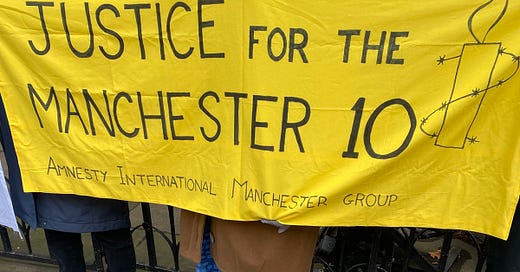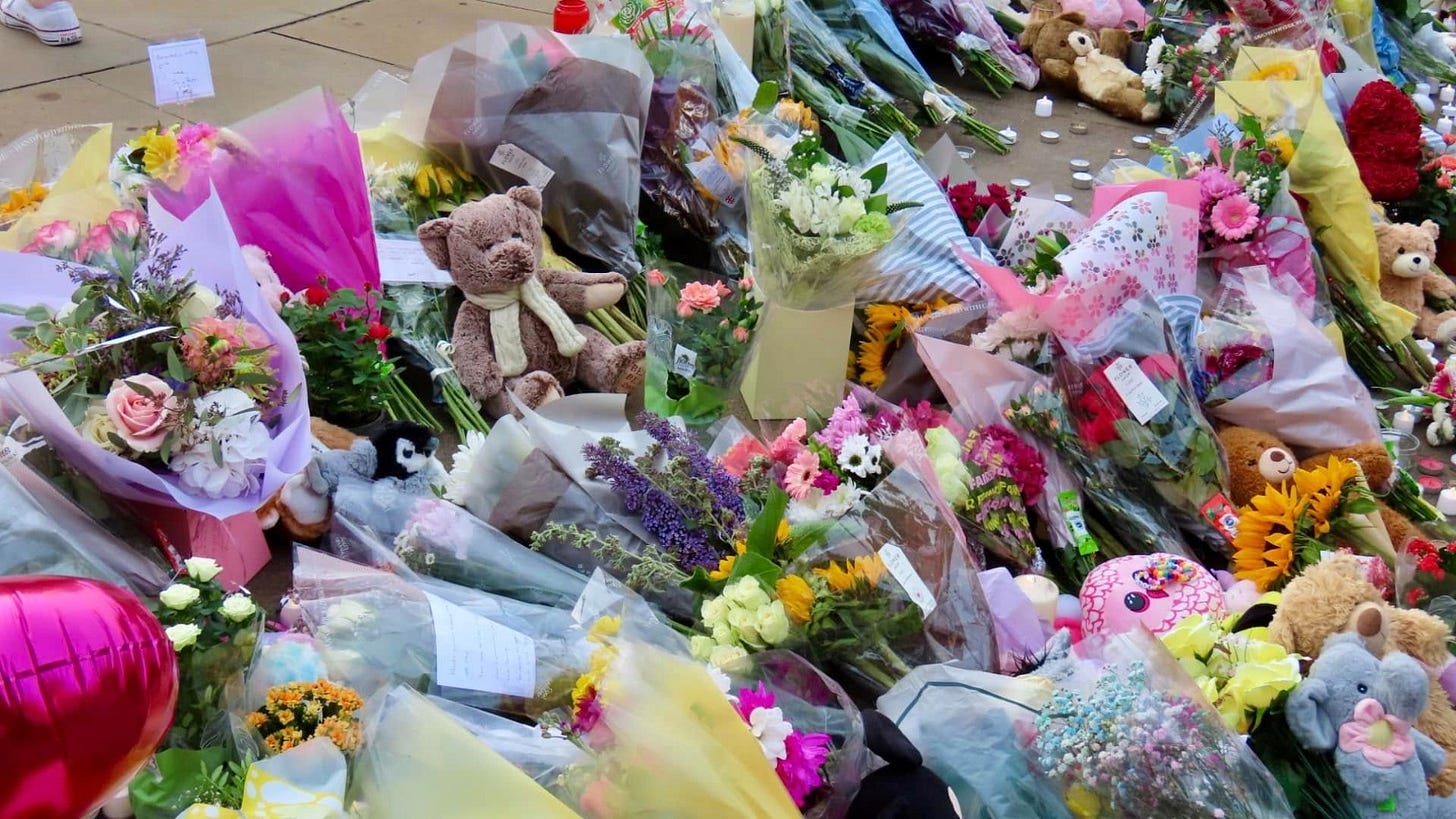Misidentified and wrongly convicted: Ademola Adejeji can resume law career after finally being cleared in court
Three men will be released but four others in the Manchester 10 had their appeals rejected - meaning campaigners say the result in bittersweet
Three Manchester men convicted of conspiring violent revenge for the death of their friend in a case where prosecutors used drill music lyrics and social media messages as evidence of their gang membership will be freed after a successful appeal.
But appeals by four others among the so-called Manchester 10 were rejected in a Court of Appeal judgement last week [15 January] described by campaigners as “bittersweet”.
Aspiring law student Ademola Adejeji from Manchester was 18 when he was sentenced in 2022 to eight years in a young offender institution for conspiracy to cause grievous bodily harm with intent. Five others of similar age were found guilty of the same offence, while three were convicted of conspiracy to murder.
Prosecutors told the court they were members of the Moston-based M40 gang seeking to avenge the death of their friend John Soyoye, shortly after he was murdered in 2020.
The prosecution argued that the Manchester 10, all Black men, had formed a social media group chat to orchestrate “revenge attacks”.
Adejeji sent 11 messages, including a postcode, before leaving the Telegram chat shortly afterwards.
Three violent incidents involving two of the boys in the chat took place but Adejeji was not present at any of them, and no violence took place at the address he shared. But all the Manchester 10 were convicted.
In sentencing, the judge said the gang culture was “played out in social media and through drill rap music, with threats of violence, the display of weapons, including firearms, machetes and crossbows”.
But defence lawyers criticised the prosecution’s use of stereotypes and guilt by association in claiming a gang culture among the defendants.
One said the use of a “gang narrative for people who had no part in violence” was used to build the prosecution's case, and that “institutional racism” helps “explain what went wrong in this case”.
Adejeji, Martin Thomas (Junior), Raymond Savi and Omolade Okoya appealed against convictions for conspiracy to cause grievous bodily harm with intent.
Harry Oni, Jeffrey Ojo and Brooklyn Jitoboh appealed against convictions for conspiracy to murder. In addition, Adedeji, Savi and Okoya appealed against the length of their sentences.
Adejeji’s conviction was quashed solely because new evidence showed he had been misidentified by a police officer in a nine-second video clip wearing a blue bandana, said to be evidence of gang membership. Adejeji maintained throughout the original trial that it was not him in the video, but someone called Tyrone. Adejeji’s legal team found Tyrone, who told the appeal judges it was him in the video.
The appeal judges concluded it was “necessary to consider the effect of that wrong identification on the safety of Mr Adedeji’s conviction”.
The appeal judges also reduced the sentences of Savi and Okoya to four years and six months because their role in planning the attacks lasted only a short time. Because of the time they have already served, they will be freed.
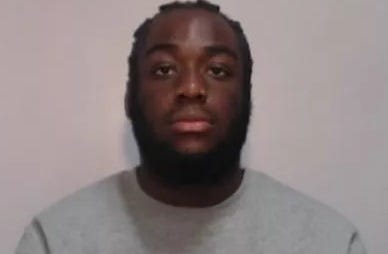
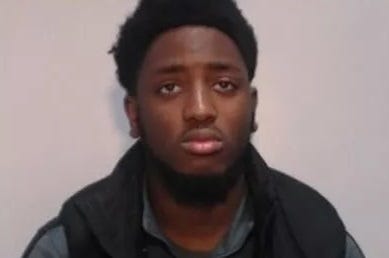
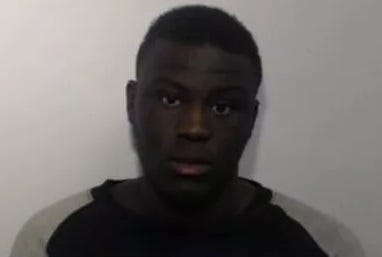
In a submission to the Court of Appeal, the law reform group Justice argued that prosecution claims of Adejeji’s gang membership “risked reliance on racial stereotypes, which can introduce bias and lead to the 'adultification' of Black and ethnic minority children and young adults. This stereotyping can undermine trial fairness and result in unjust convictions.”
But the appeal judges ruled that the admission of photos, drill music lyrics and the video clip as evidence of gang membership did not make the convictions unsafe. They refused the other appeals.
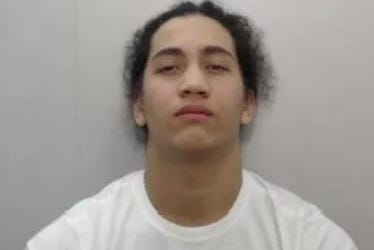


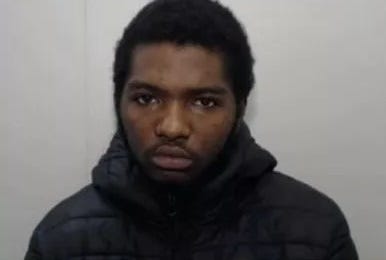
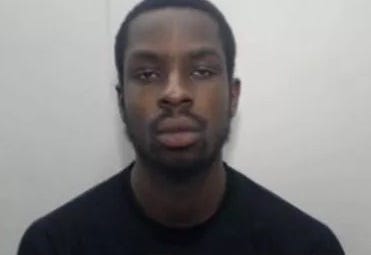
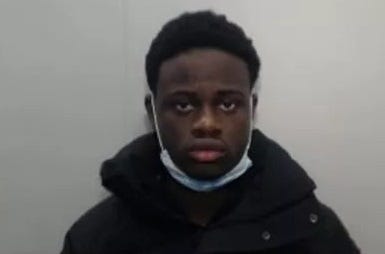
Keir Monteith KC of Garden Court Chambers, representing Adejeji, said he was “overjoyed” by his client’s release. He said the appeal judges had accepted his arguments that the prosecution was wrong to suggest there was a single conspiracy with two intents and that racial bias should not form the basis of any decision in a trial.
“The quashing of Ade’s conviction brings welcomed relief to Ade and his family, but he should never have been prosecuted for the 11 hastily texted messages on a group chat,” said Monteith.
“We all say things we don’t mean, and this was the outpourings of anger from a 17-year-old lad who had just been told his 16-year-old mate had been murdered. “Ade was misidentified by the police, convicted of a crime he did not commit and wrongly sentenced to eight years.
“That said, I am confident that Ade will progress from law student to lawyer and beyond, as he and his co-defendants continue to rebut the stereotypes that were used in this trial.”
The appellants were supported by Kids of Colour, the antiracist youth work organisation.
“Today’s outcome is bittersweet,” said Roxy Legane, Kids of Colour director. “This case, like many, was unjust and racist. We don’t need the courts to determine that – we as a community know that, and always have.
“We are so happy to know some are coming home. But I can’t say this is justice. For them, this is lost youth, and we’re going to have to work very hard to make sure they can thrive from here. And for the boys whose appeals were not successful, we are devastated.”
Emma Snell, Justice legal policy manager, said: “The court rightly highlighted the vital need to ensure people with shared music interests are not unfairly labelled as gangs, and that evidence of gang membership must avoid racial stereotyping.
"However, more needs to be done. Rap music is one of the most popular genres of music in the UK – it’s time to end its criminalisation by raising the threshold for its use as evidence.”
A spokesperson for the Crown Prosecution Service said: “Every case that is referred to us by the police is considered on its own facts and merits so that we can make fair and independent charging decisions based on the evidence available.
“This was a complex case where the evidence was carefully assessed for each individual in respect of each charge.
“The majority of the convictions were upheld. However, based on fresh evidence not available at the time of the trial, Ademola Adedeji’s conviction alone has been quashed by the Court of Appeal. The Court did not order a re-trial. We respect the decision of the Court.”
About the author: Kevin Gopal is a Manchester-based journalist who grew up near Bolton. He was editor of Big Issue North from 2007 until its closure in 2023 and prior to that wrote widely on business, politics and trade regulation for a variety of publications. He’s also edited obituary pages, covered rugby league games and been a restaurant critic.
The Lead believes in the principle of justice (and particularly open justice), but also that it must be carried out fairly. As this case shows - that isn’t always the case. We have a history of reporting on racial inequality and our national editor Natalie Morris is a champion of equal rights. You can see from our archive our record of reporting the shocking case of a Nepalese mother who was arrested because a common birthmark was mistaken for child abuse, racial disparities in dementia care exposed, the Windrush victims compensation fight, why black women have the lowest IVF success rate, the brown and black hikers taking back the countryside and how Black girls aren’t safe in British schools.
If you value our reporting on race, in all its forms, then consider tapping below to become a paid supporter of The Lead.
Southport won't be defined by evil attacks - nor will it forget them
By Jamie Lopez
In the run up to Monday, when a trial was due to be held over the killings of three young girls and attempted killings of eight more and two adults, a sense of dread filled many in Southport.
The trial would bring up everything that happened on July 29, only with more harrowing details pushed into the public consciousness on a daily basis over a number of weeks. While it’s right that these things are reported, for those who want to avoid them it can be extremely difficult to see them seemingly take over TV channels, radio broadcasts and social media feeds.
As MP Patrick Hurley said this week, Southport “will never be the same”. Those living here would rather be associated not with the UK’s most deadly attack since the Dunblane massacre and not with the shameful riots which followed, but instead with the community response which included a hugely attended vigil, street clean ups and repairs, fundraisers and support events.
That doesn’t mean forgetting what happened that day, but instead finding a way to honour and pay tribute to the victims without being defined by it.
The launch of The Southport Lead is the latest in our commitment to in-depth news and features across the North of England, in The Lead North. You can support that commitment by taking out a paid subscription to The Lead below which supports reporting and editing across all our titles.
These are both difficult, uncomfortable reads, but it’s crucial at The Lead we continue to shine a light where people may wish we didn’t and discuss topics which some may find difficult to do so. As ever, we’re open to news tips, so drop us a line at ed@thelead.uk or if you’re a freelance journalist you can pitch us.
We’ll be back in your inbox on Saturday.
Ed, Zoë, Luke, Sophie, Natalie and all at The Lead


